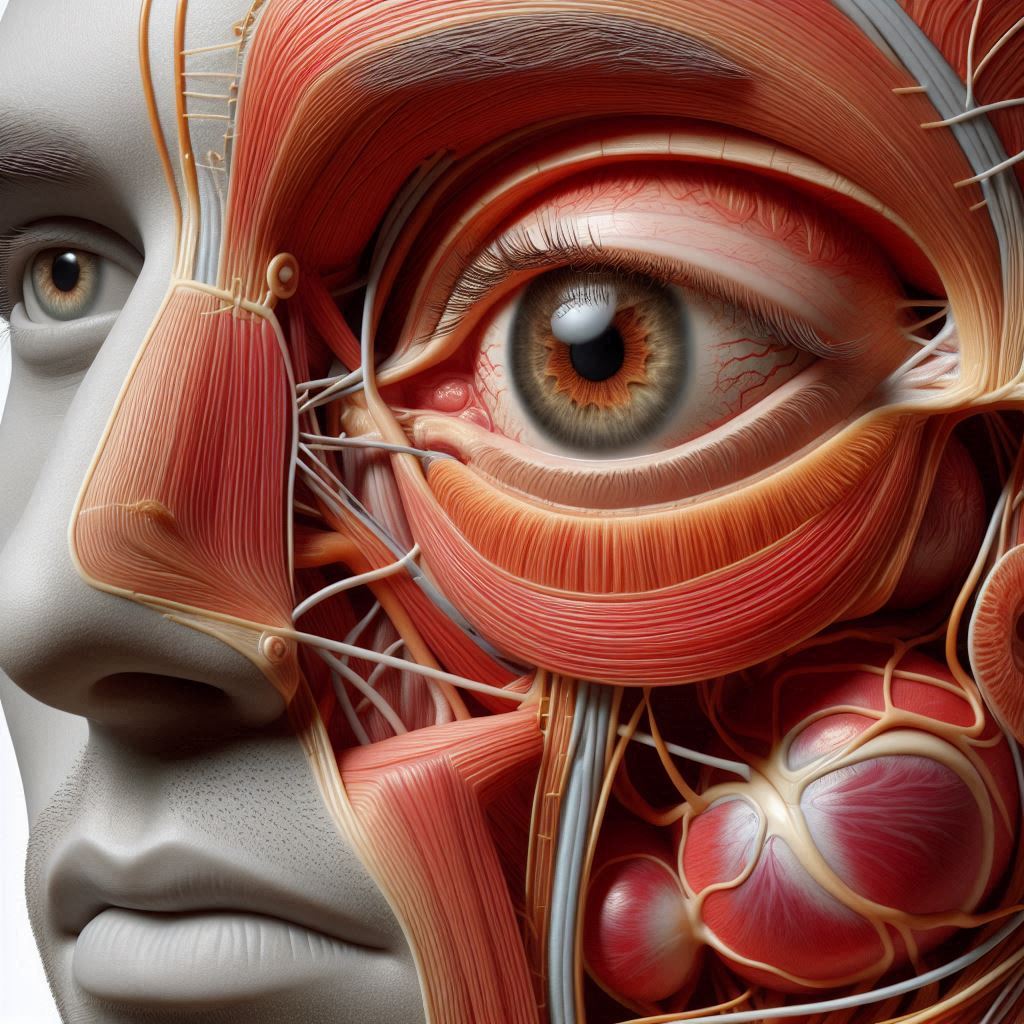This Course Structure is Curated as per the NEP-2020 Guidelines
Course Overview
The B.Sc. Ophthalmic Assistant program at Malla Reddy Vishwavidyapeeth, Hyderabad, is designed to train students in the diagnosis, treatment, and management of eye disorders, with a focus on technical skills and patient care. This undergraduate program equips students to assist ophthalmologists in providing comprehensive eye care services, performing diagnostic procedures, and managing ophthalmic equipment.
This program focuses on equipping students with the theoretical knowledge and hands-on skills from 1st semester itself. The curriculum integrates theoretical learning with hands-on clinical training in areas such as ocular anatomy, refraction, contact lens fitting, and ophthalmic surgical assistance. Students gain experience in conducting vision tests, assisting in eye surgeries, and educating patients on preventive eye care.
Graduates of this program emerge as ‘skilled Ophthalmic Assistants’, enabling them to pursue further higher studies and research in Ophthalmic Healthcare, along with plenty of job opportunities in hospitals, eye care clinics, and optical centers globally.

Course Details
Description: 4 Years Degree Program
No. of Seats: 40
No. of Credits: 160 minimum & as specified
- Eligibility
- Curriculum Structure
- Program Outcomes
- Career Enhancement
- Higher Studies
- Job Roles & Progression
Educational Qualification: 10+2 or equivalent with at least 50% aggregate marks in Physics, Chemistry, and Biology/Mathematics from a recognized board (CBSE/ISC or equivalent).
| Semester | Name of the Subject |
| Semester 1 | Anatomy and Physiology of the Eye Basics of Optics Medical Terminology English & Communication Skills Practical: Eye Anatomy |
| Semester 2 | Ocular Diseases – I Refraction Techniques – I Pharmacology in Ophthalmology Computer Applications Practical: Refraction Skills |
| Semester 3 | Ocular Diseases – II Contact Lenses – I Advanced Refraction Techniques Infection Control in Ophthalmology Practical: Lens Fitting |
| Semester 4 | Surgical Instruments in Ophthalmology Ophthalmic Imaging Techniques Community Eye Care Practical: Diagnostic Procedures |
| Semester 5 | Low Vision Aids Pediatric Ophthalmology Contact Lenses – II Research Methodology Internship |
| Semester 6 | Ophthalmic Surgical Assistance Vision Therapy Optical Dispensing Practical: Advanced Ophthalmic Techniques Internship |
| Semester 7 & 8 | On-Job Training in Eye Care Facilities Capstone Project Thesis work |
- Comprehensive Ophthalmic Knowledge: Proficiency in basic anatomy, physiology, and diseases of the eye, focusing on vision care and eye health.
- Diagnostic Skills: Expertise in performing diagnostic tests, including visual acuity, tonometry, and refraction under the supervision of an ophthalmologist.
- Ophthalmic Equipment Handling: Skills in operating and maintaining ophthalmic instruments such as slit lamps, keratometers, and autorefractors.
- Surgical Assistance: Proficiency in assisting ophthalmologists during eye surgeries, including pre- and post-operative patient care.
- Patient Counseling and Education: Ability to educate patients on eye health, post-surgical care, and proper use of corrective lenses.
- Ethics and Regulatory Standards: Awareness of ethical practices, patient privacy, and regulatory requirements in ophthalmic care.
- Community Vision Care: Knowledge of conducting vision screenings and eye care camps to promote community eye health.
- Certification in Advanced Refraction Techniques: Specialized training in handling complex refraction cases.
- Workshops on Ophthalmic Imaging: Training in operating advanced imaging systems like OCT and fundus cameras.
- Contact Lens Specialist Certification: Focused training on fitting and managing specialty lenses.
- Surgical Assistance Training: Advanced skills for assisting in cataract and LASIK surgeries.
- M.Sc. in Optometry and Vision Science: Advanced studies in eye care and vision correction techniques.
- Postgraduate Diploma in Ophthalmic Technology: Specialization in advanced ophthalmic diagnostic and therapeutic procedures.
- M.Sc. in Clinical Optometry: A clinical focus on managing eye diseases and corrective treatments.
- M.B.A. in Healthcare Management: Training in managing ophthalmic clinics and healthcare facilities.
| Duration | Roles and Responsibilities | Salary Range |
| 0-3 years | Ophthalmic Assistant, Vision Technician | ₹3,00,000 – ₹5,00,000 per annum |
| 3-5 years | Senior Ophthalmic Technologist, Refraction Specialist | ₹5,00,000 – ₹8,00,000 per annum |
| 5-10 years | Lead Ophthalmic Technician, Clinic Manager | ₹8,00,000 – ₹12,00,000 per annum |
| 10+ years | Director of Ophthalmic Services, Research Lead | ₹12,00,000+ per annum |
Note: Salaries vary based on experience, location, and type of healthcare institution.

Fee Structure Per Academic Year - 2025
| Tuition Fee | Miscellaneous Fee | Scholarship | |||
| 100000 ₹ | 10000 ₹ | Above 95% – 100000 ₹ | Above 91% – 50000 ₹ | Between 81-90% – 10000 ₹ | Between 71-80% – 5000 ₹ |
| Tuition Fee | Miscellaneous Fee | Scholarship | ||
| 100000 ₹ | 10000 ₹ | Above 90% – 20000 ₹ | Between 80-90% – 10000 ₹ | Between 70-80% – 5000 ₹ |




